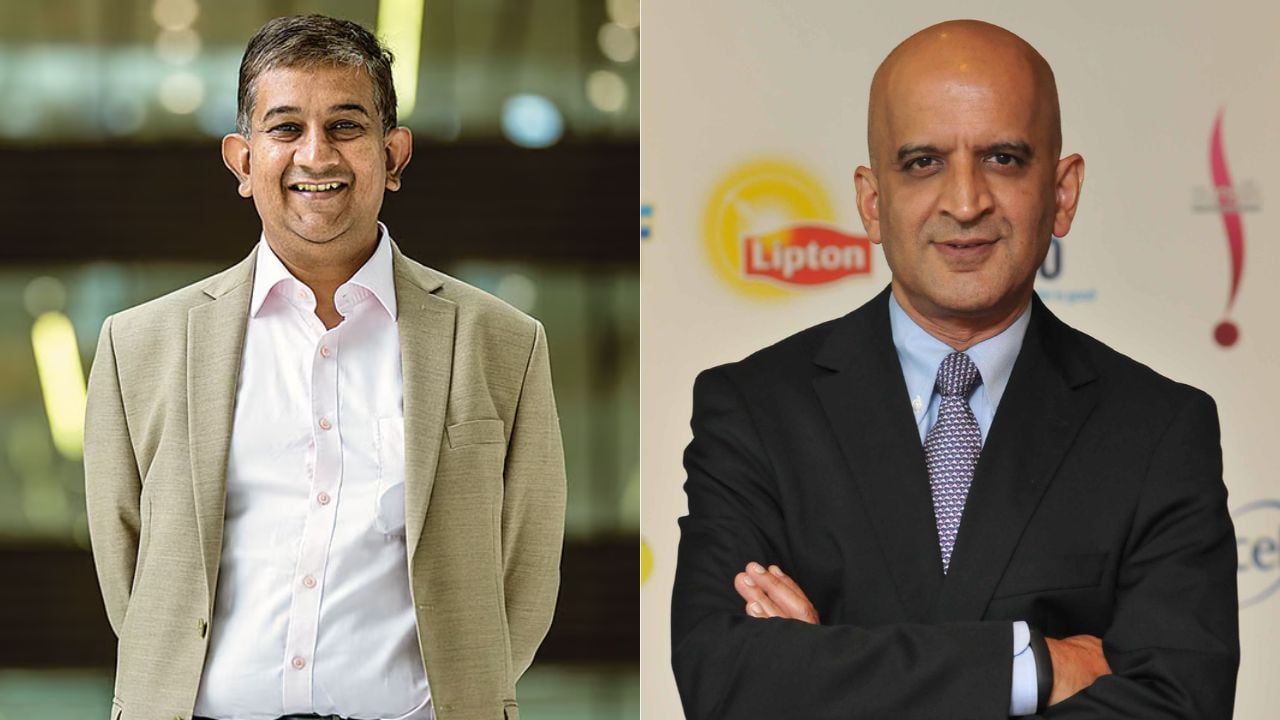“Veracity and politics of the allegations aside, we may be witnessing the side effects of what happens when the worlds of government and the private sector collide.”
Sudhir Sitapati, Managing Director and CEO of Godrej Consumer Products Limited (GCPL), offered his perspective on the complex dynamics between the Indian government and the private sector, using the recent controversy surrounding Madhabi Puri Buch, SEBI Chairperson, as a launchpad for a broader discussion. Sitapati took to LinkedIn to share his views.
The controversy centers on allegations that Buch’s husband, Dhaval Buch, received significant sums of money for consulting work with high-profile companies, which some have implied and alleged could have been quid pro quos for favours extended by SEBI.
Sitapati, however, was quick to defend Dhaval Buch’s integrity, having worked with him for over two decades at Hindustan Unilever. “In a company known for its integrity, his reputation for integrity stood out,” Sitapati stated, affirming Dhaval’s professional standing and demand in the corporate world post-retirement.
Beyond the specific allegations, Sitapati highlighted the inherent tensions between the government and the private sector, especially when professionals transition between the two worlds. “In the West, especially the US, it’s very common for folks from the private sector to move into government jobs, and vice versa,” Sitapati pointed out.
Sitapati shared a personal anecdote to underscore the vast differences in remuneration between the sectors. Recalling his early career days, he noted that as a young management trainee, his salary surpassed that of his uncle, a Cabinet Secretary, illustrating the stark contrast in financial rewards.
He also addressed the differing ethical frameworks that govern these sectors. In the private sector, the guiding principle is often “trust and declare,” where professionals disclose potential conflicts of interest and proceed under transparency. In contrast, the government sector operates with a stricter adherence to rules, where even the hint of private sector engagement can raise eyebrows.
Sitapati’s broader concern is that India’s talent pool from the corporate world could remain untapped if biases and misunderstandings persist. “Given the cusp of change India is at, there’s a lot of talent in the private sector that the government could use,” he observed, warning that unless these differences in context and culture are respected, professionals from the corporate world may be deterred from taking up government roles.
The post ends with a reflective note, underscoring the importance bridging this divide. For India to truly benefit from its corporate expertise, a shift in mindset is essential. Otherwise, as Sitapati cautions, “We could have a situation where no senior person would ever consider a government job. That would be a real pity.”
